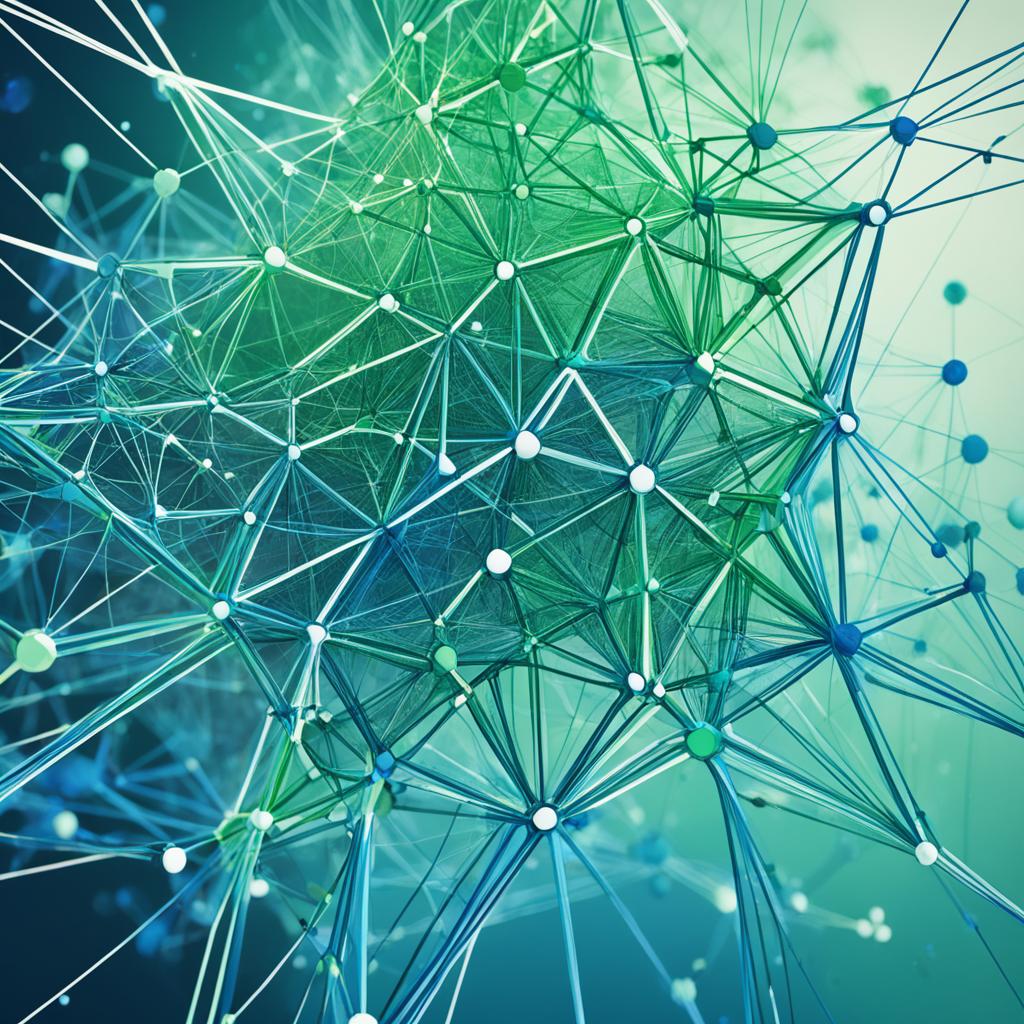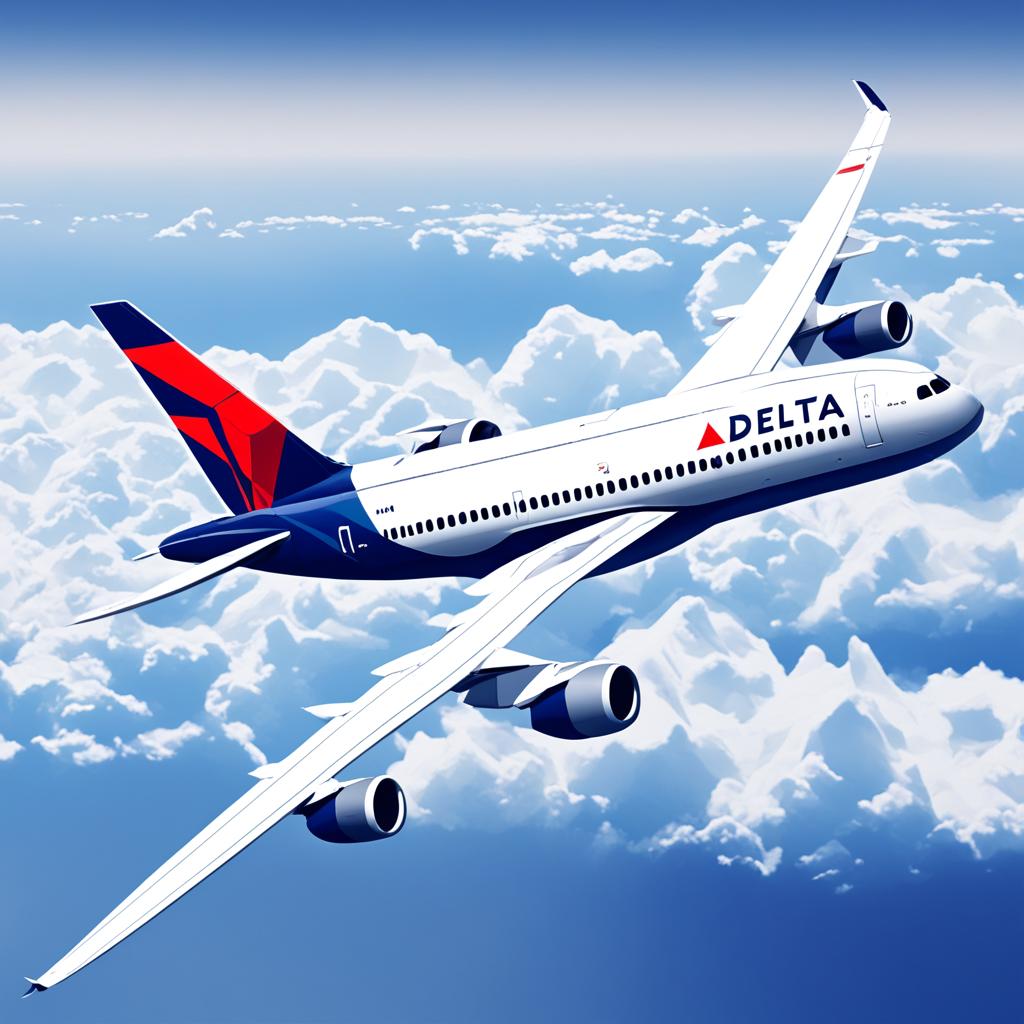When it comes to airline reservations and bookings, Global Distribution Systems (GDS) play a crucial role in ensuring smooth transactions. But have you ever wondered which GDS system Delta Airlines relies on? The answer may surprise you, as Delta has a unique approach to GDS systems that sets it apart from other airlines.
Delta Airlines utilizes various GDS systems for its bookings, allowing it to effectively distribute its flights and ancillary products to travel agencies and other third-party platforms. However, the specific GDS system that Delta currently relies on has evolved over time, leading to interesting discussions among aviation enthusiasts.
Delta’s Long-standing Use of Deltamatic for First-Party Bookings

Delta Airlines has a long history of utilizing its proprietary system, Deltamatic, for managing and processing first-party bookings made directly through Delta’s channels. Deltamatic, in conjunction with additional shells like SNAPP at the gate, serves as the backbone of Delta’s passenger services system, providing comprehensive functionality to handle a wide range of ticketing situations and issues.
Designed as an in-house solution, Deltamatic is primarily used by Delta staff to efficiently manage reservations and ensure a seamless booking experience for customers. From reservation creation to ticket issuance, Deltamatic offers the necessary tools and interfaces for Delta’s frontline employees to process and handle bookings effectively.
With Deltamatic’s robust capabilities, Delta’s staff can swiftly handle changes, cancellations, seat assignments, and other reservation-related tasks. The system integrates seamlessly with Delta’s other operational systems, enabling real-time updates and accurate information retrieval.
However, it is important to note that while Deltamatic serves as the backbone for first-party bookings, it does not directly interface with third-party travel agencies and platforms. For the distribution of Delta’s flights and other products to external channels, Delta has entered into partnerships with industry-leading Global Distribution Systems (GDS) such as Sabre.
Despite the shifting landscape of airline distribution, Delta’s steadfast use of Deltamatic for their first-party bookings demonstrates the airline’s commitment to leveraging internal resources to deliver superior customer service and operational efficiency.
Delta’s Partnership with Sabre for Distribution to Third Parties
Delta Airlines has formed a long-term agreement with Sabre, a leading global distribution system (GDS), to facilitate the distribution of its flights and ancillary products to third parties. This strategic partnership, as reported by FlyerTalk members, marks a significant milestone in Delta’s efforts to streamline and enhance its worldwide distribution capabilities.
Under this transformative global distribution agreement, Sabre serves as the interface that enables Delta to efficiently connect with travel agencies and other third-party platforms. By leveraging Sabre’s extensive network and advanced technology, Delta can effectively showcase its entire range of products to a broader audience, making it easier for travelers to access and book their preferred flights.
What sets this partnership apart is the shift in payment structure from the traditional flat segment fee model. Instead, Delta now pays Sabre based on the value of each booking made through the GDS. This value-based model incentivizes Sabre to prioritize the promotion and display of all of Delta’s products, including premium seats and fares.
This collaborative approach benefits not only Delta and Sabre but also travel agencies and customers. Travel agencies gain simplified access to Delta’s offerings, enabling them to provide their clients with comprehensive booking options. Ultimately, this collaboration enhances the overall customer experience by offering a wider range of choices and ensuring that travelers have access to all available Delta products.
Image: Delta Airlines’ partnership with Sabre for distribution to third parties.
Delta’s Potential Expansion to Other GDS Systems

In addition to the partnership with Sabre, Delta Airlines is reportedly exploring agreements with other Global Distribution Systems (GDS). The FlyerTalk discussions mention potential deals in the works with Travelport GDS and Amadeus GDS. These agreements would further expand Delta’s reach and distribution capabilities, allowing the airline to merchandise its flights and ancillary products through additional platforms. The exact details of these potential partnerships and their implications for travel agencies and travelers are yet to be confirmed.
Expanding its reach beyond the Sabre agreement, Delta is actively considering other GDS systems such as Travelport and Amadeus. By forming partnerships with these GDS giants, Delta aims to leverage their widespread distribution networks to increase its market share and offer a seamless booking experience for travelers.
Benefits of Expanding GDS Partnerships
Collaborating with Travelport and Amadeus can provide Delta Airlines with several advantages:
- Access to a broader customer base: Partnering with additional GDS systems enables Delta to reach more travel agencies and platforms, expanding its market reach and potential customer base.
- Enhanced distribution capabilities: By leveraging the advanced technology and expansive networks of Travelport and Amadeus, Delta can efficiently distribute its flights and ancillary products, ensuring wider availability for travelers.
- Increased visibility: With multiple GDS partnerships, Delta can increase its visibility on various platforms, making it easier for travel agents and customers to find and book Delta flights.
- Improved merchandising opportunities: Partnering with Travelport and Amadeus allows Delta to showcase its flights and ancillary products more effectively, increasing the potential for upselling and cross-selling opportunities.
| GDS System | Benefits |
|---|---|
| Travelport GDS |
|
| Amadeus GDS |
|
While the discussions regarding potential agreements are ongoing, Delta’s expansion into other GDS systems is expected to enhance its distribution network, streamline the booking process, and offer a wider range of options to both travel agencies and customers.
Impact on Travel Agents and Distribution Models

Delta Airlines’ evolving GDS partnerships and the shift towards a value-based payment model have significant implications for travel agents. The new payment models incentivize GDS systems, such as Sabre, to showcase the full range of Delta’s products, including premium seats and fares. With this shift, travel agents now have an opportunity to earn additional incentives by selling ancillary items alongside tickets, such as seat upgrades and boarding privileges.
However, industry analysts have raised questions about the effectiveness of these new models and the impact they may have on travel advisors. Some argue that the focus on merchandising and displaying a wider range of products may complicate the booking process for travel agents whose clients prioritize finding the cheapest possible ticket.
While the value-based payment model aims to promote Delta’s ancillary offerings and increase revenue for both the airline and travel agents, it is crucial for agents to carefully consider the needs and preferences of their clients. Balancing the promotion of additional products and delivering a seamless booking experience for those seeking the most affordable options requires careful navigation.
Industry-wide Transformation and Future Outlook
The airline distribution landscape is undergoing significant transformations, driven by evolving GDS agreements and the adoption of value-based payment models. These changes aim to address the imbalance between airline direct channels and indirect sales channels, such as Global Distribution Systems (GDS).
For years, the airline industry has been striving for better control over their product offerings in indirect channels, while also ensuring fair compensation for travel agents. Delta’s GDS agreements with Sabre, Travelport, and potential future partnerships with other GDS systems are part of this broader transformation.
The introduction of technologies like the New Airline Storefront by Sabre and improvements in GDS platforms like Travelport’s SmartPoint search results interface contribute to the industry’s ongoing evolution. These enhancements enable airlines to display a wider range of products and provide a seamless booking experience for travel agents and travelers.
In this changing landscape, it is crucial for travel agents to stay informed and adapt to the evolving business models and distribution strategies of airlines and GDS systems. Understanding the industry-wide transformation and keeping up-to-date with the latest developments in airline distribution will help travel agents navigate the changing landscape and effectively serve their clients.
FAQ
Q: What Global Distribution Systems (GDS) does Delta Airlines use for its bookings?
A: Delta Airlines currently utilizes multiple GDS systems for its bookings. Historically, Delta used its own in-house system called Deltamatic for first-party bookings. However, Delta has also signed a long-term agreement with Sabre for distribution to third parties. There are also discussions of potential agreements with Travelport GDS and Amadeus GDS.
Q: What is Deltamatic, and how is it used by Delta Airlines?
A: Deltamatic is Delta Airlines’ in-house system primarily used for managing and processing reservations made directly through Delta’s channels. It offers comprehensive functionality for handling various ticketing situations and issues. However, Deltamatic does not serve as the interface for distributing Delta’s flights and products to third-party travel agencies and platforms.
Q: How does Delta Airlines partner with Sabre for distribution to third parties?
A: Delta Airlines has a long-term agreement with Sabre, which serves as the interface for distributing Delta’s flights and ancillary products to travel agencies and other third-party platforms. This transformative global distribution agreement involves a value-based payment model where Delta pays Sabre based on the value of each booking.
Q: Is Delta Airlines exploring partnerships with other GDS systems?
A: Yes, Delta Airlines is reportedly exploring agreements with other GDS systems. Discussions mention potential partnerships with Travelport GDS and Amadeus GDS, which would further expand Delta’s reach and distribution capabilities.
Q: How do the evolving GDS partnerships and value-based payment models impact travel agents?
A: The new payment models incentivize GDS systems, such as Sabre, to showcase the full range of Delta’s products, offering opportunities for travel agents to earn additional incentives by selling ancillary items along with tickets. However, there are concerns that the focus on merchandising may complicate the booking process for travel agents whose clients prioritize finding the cheapest tickets.
Q: Are there broader changes in the airline distribution landscape affecting Delta Airlines?
A: Yes, the airline industry is undergoing transformations to address the imbalance between direct channels and indirect sales channels like GDS systems. Delta’s GDS agreements and the development of technologies like the New Airline Storefront by Sabre and enhancements to GDS platforms contribute to these changes. Travel agents need to stay informed and adapt to these evolving business models and distribution strategies.
